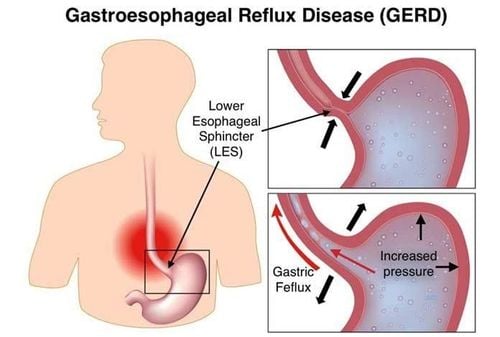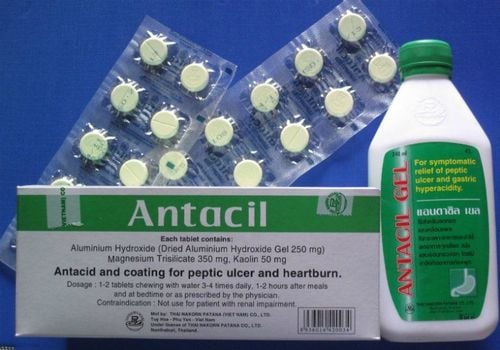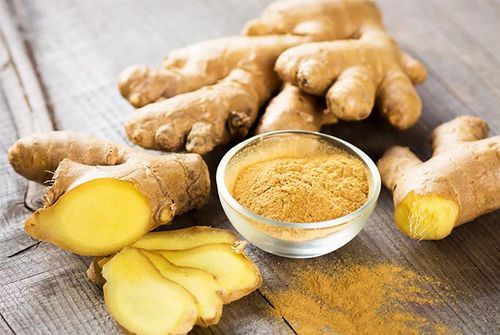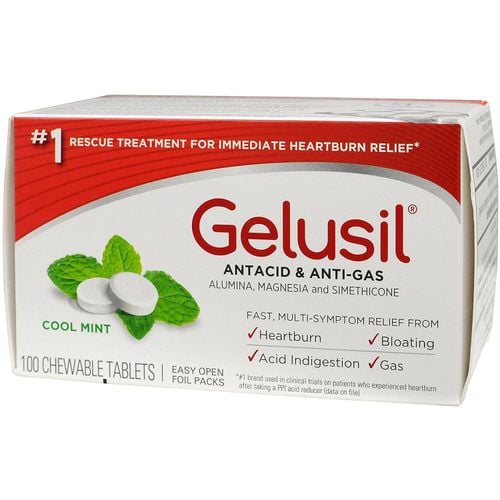Written by Master Mai Vien Phuong of Vinmec Central Park International General Hospital's Department of Examination & Internal Medicine
Heartburn affects more than 60 million Americans each month. Heartburn is a burning pain in your chest, burning sensation that occurs in the lower chest area, just behind your breastbone. Heartburn occurs when stomach acid backs up into the tube that carries food from your mouth to your stomach (esophagus) - known as a disorder called Acid reflux.
Typically, when food is swallowed, a band of muscle around the bottom of the esophagus (lower esophageal sphincter), a ring-shaped muscle, relaxes to allow food and liquid to flow into the stomach. Then, the muscle tightens again.
The lower esophageal sphincter isn't working as it should, particularly in individuals with acid reflux. In that case, this muscle is often weakened, and stomach acid can flow back into the esophagus (acid reflux) and cause heartburn. Diet plays an essential role in heartburn. Many foods can relax the lower esophageal sphincter, allowing food to escape into the esophagus and cause heartburn.
1. Do essential oils work?
Essential oils are gaining remarkable popularity. Friends are sharing their benefits on social media, coworkers are selling them at work, and neighbors are using diffusers to fill their homes with the soothing scents of ginger or lavender.
While many people consider essential oils to be a simple and convenient form of aromatherapy, they have been used for centuries as part of alternative medicine practices.
Although research is still limited, some evidence indicates that certain essential oils may help alleviate symptoms like indigestion and nausea. Here’s what you should know about using essential oils to manage heartburn symptoms effectively.
2. What does the research say?
Essential oils are known for their appealing scents derived from plants such as roots, flowers, seeds, and more. These plant materials make essential oils and are naturally pressed or distilled to extract their concentrated essence.
Despite growing in popularity, essential oils have received limited support from the mainstream medical community. The majority of studies on essential oils focus on their benefits for scent therapy and stress relief, with only a few looking into their ability to reduce or eliminate symptoms of medical disorders or diseases.
Although further research is required, some preliminary evidence suggests that specific essential oils may reduce heartburn symptoms.
Ginger Oil
Ginger has historically been used to treat many kinds of stomach discomfort, and ginger essential oil may benefit people suffering from heartburn.
Lavender Oil
Many people find lavender's scent relaxing and calming, making it a popular choice in aromatherapy. Beyond its sedative effects, lavender may also help alleviate symptoms of stomach discomfort. Since many stomach symptoms, such as abdominal pain, overlap with heartburn symptoms, using lavender oil might benefit individuals dealing with excess stomach acid.
Peppermint Oil
Inhaling peppermint essential oil may help reduce symptoms of heartburn, abdominal pain in the stomach, and nausea. When diluted and gently massaged onto the chest, abdomen, or back, it can also promote relaxation in an overactive digestive system.

3. How to Use Essential Oils for Heartburn
Essential oils are highly potent, and even a small amount can deliver significant effects. Typically, just one or two drops are sufficient to diffuse their scent throughout a room. Similarly, only one or two drops mixed with a carrier oil are generally recommended when applying essential oils in a direct location. If inhaling essential oils directly from a bottle or cloth, only a few drops are effective.
The most effective way to use essential oils for heartburn relief is by inhaling their scent directly from the bottle or a diffuser. When using a diffuser, add two or three drops of essential oil to the machine's reservoir. Turn it on, and the warm water will help diffuse the concentrated aroma into the air. For a quicker alternative, you can place a few drops on a napkin or cloth and deeply inhale the scent without needing a diffuser.
Another option to enjoy the benefits of essential oils is to mix them with a carrier oil—such as coconut or almond oil—and gently massage the mixture onto your skin. It’s important to note that essential oils should never be ingested.
4. Risks and warnings
There is no scientific research to support the use of essential oils for heartburn. Instead, all studies examining the link have shown a reduction in similar symptoms that occur as a result of heartburn.
Do not take essential oils orally.
It is important to use quality oils to ensure that you do not become ill after using the oil. You should do your research and look for a brand that you can trust.
5. Suggested Treatments for Heartburn
While heartburn can often be treated with over-the-counter (OTC) medications, prescription options might be better for you.
Discussing treatment options with your doctor is crucial if you experience heartburn frequently. They can suggest drugs that may help decrease or alleviate your symptoms.
Antacids
Over-the-counter antacids are usually the first treatment for heartburn. They work by neutralizing the stomach acid that causes the symptoms. Antacids typically work quickly. If OTC medications aren’t effective, your doctor may prescribe something more substantial.
H2 Receptor Antagonists (H2RAs)
H2RAs help prevent symptoms before they occur. Available over-the-counter and by prescription, these medications reduce the amount of stomach acid. They don’t work as quickly as antacids but can provide longer-lasting relief.
Proton Pump Inhibitors (PPIs)
PPIs reduce the amount of acid produced by the stomach. OTC and prescription versions are available, and heartburn can be effectively managed over time.

6. What Are Your Next Steps?
Before using essential oils to treat heartburn or any other disease, make sure you understand the products, their side effects, and potential risks. The following suggestions below can assist inform your decisions:
Safe Sources of Essential Oils
The Food and Drug Administration (FDA) deems essential oils to be "generally recognized as safe." However, the FDA does not control or oversee the production or sale of these items, thus, their quality is dependent on the producer. As a result, selecting a trustworthy brand is critical. Essential oils are available at many natural food stores and internet vendors.
Research carefully before using
Before using essential oils, take time to research them carefully. Understand which oils might be helpful for your condition and which ones to avoid. Be aware of possible side effects and their impact on your daily life.
Ask Your Doctor for Help
Your doctor may not be an expert on essential oils, but they can help guide you to reliable resources for treating heartburn. While they might not prescribe essential oils, it’s crucial that your doctor knows which oils you are using and any other alternative treatments you’re trying. This way, they can help ensure your choices won’t interfere with your current medications.
Consult Your Doctor
If essential oils or over-the-counter treatments don’t help reduce your heartburn symptoms, speak with your doctor about more potent therapies that may relieve discomfort.
Endoscopy - Gastroenterology is a notable speciality at Vinmec International General Hospital. To get your digestive illnesses investigated, examined, and treated as soon as possible, contact Vinmec Healthcare System nationally or register online on the website.
To arrange an appointment, please call HOTLINE or make your reservation directly HERE. You may also download the MyVinmec app to schedule appointments faster and manage your reservations more conveniently.
References
Aromatherapy and essential oils. (2014, December 17) ncbi.nlm.nih.gov/pubmedhealth/PMH0032518/ Mayo Clinic Staff. Heartburn: Treatments and drugs. (2014, August 7) mayoclinic.org/diseases-conditions/heartburn/basics/treatment/con-20019545 Lavender. (2016, June 21) nccih.nih.gov/health/lavender/ataglance.htm Nanjundaiah, S. M., Annaiah, H. N. M., & Dharmesh, S. M. Gastroprotective effect of ginger rhizome ( Zingiber officinale ) extract: Role of gallic acid and cinnamic acid in H+, K+-ATPase/H. pylori inhibition and anti-oxidative mechanism. (2011, June 23). Evidence-Based Complementary and Alternative Medicine. Retrieved from ncbi.nlm.nih.gov/pmc/articles/PMC3136331/ Thosar, N., Silpi Basak, S. Bahadure, R.N., & Rajurkar, M. (2013, September). Antimicrobial efficacy of five essential oils against oral pathogens: An in vitro study. European Journal of Dentistry, 7 (Suppl 1), S71–S77 ncbi.nlm.nih.gov/pmc/articles/PMC4054083/














